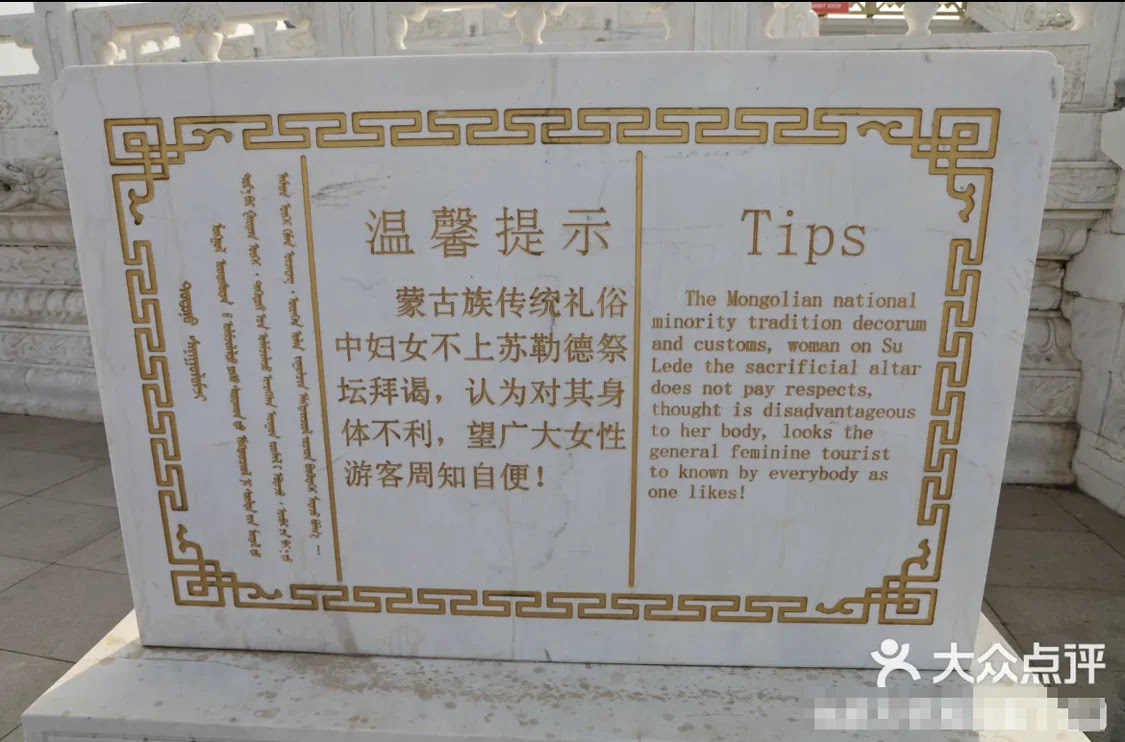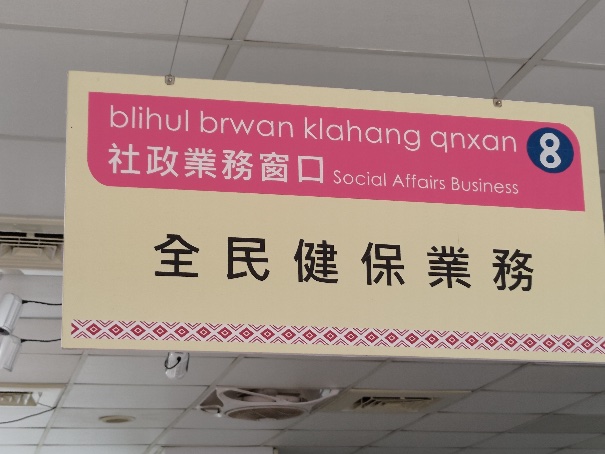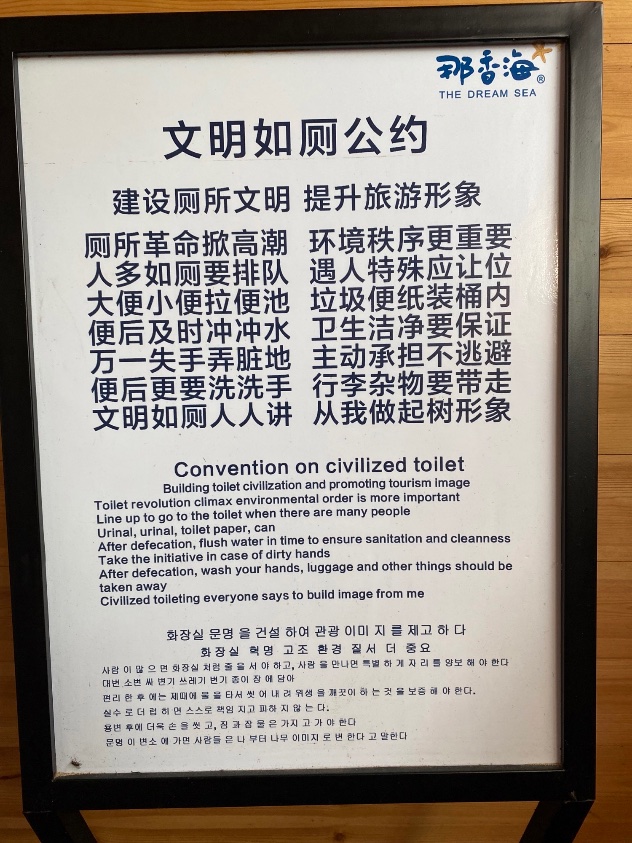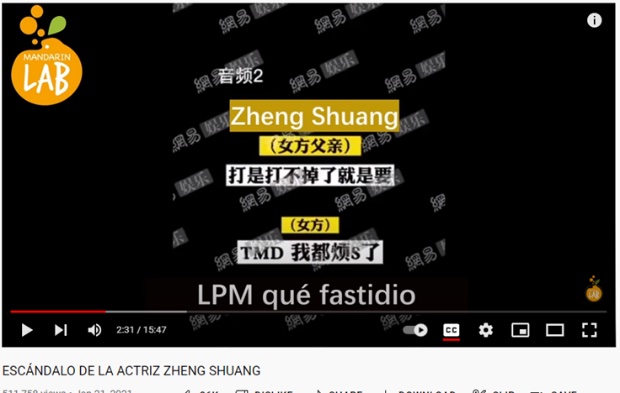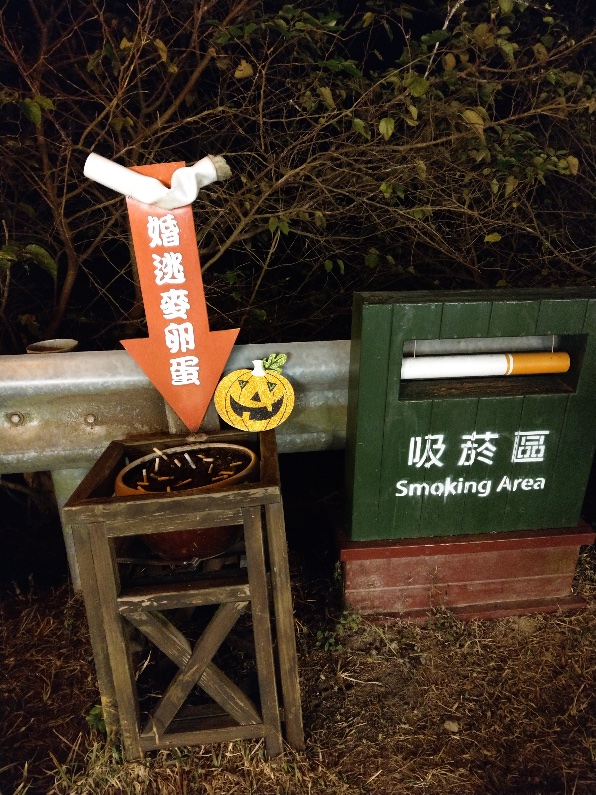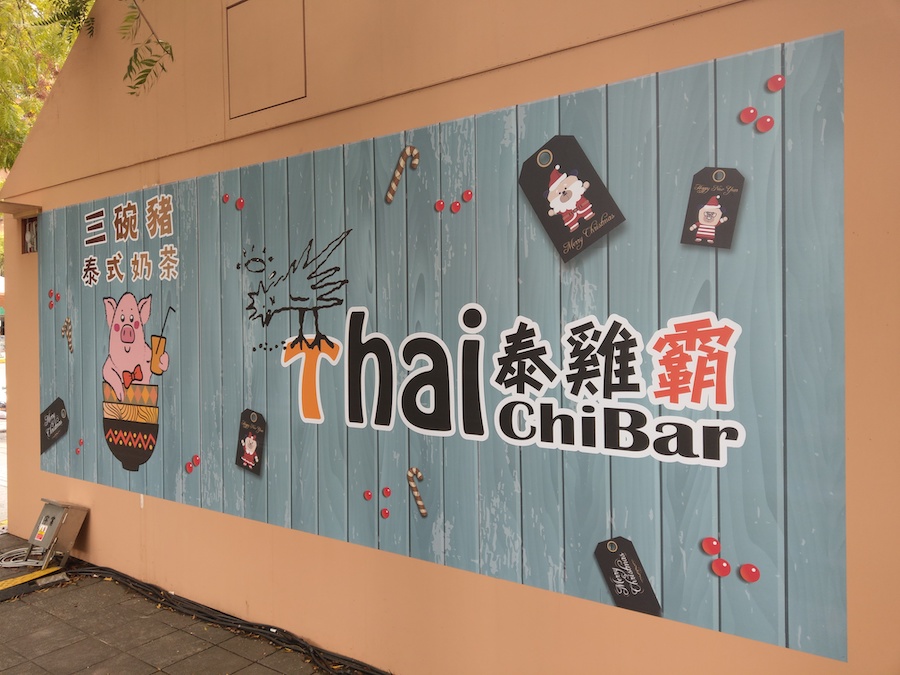New York Times book review by Sophie Pinkham (6/21/22):
The Thorny Politics of Translating a Belarusian Novel
How did the translators of “Alindarka’s Children,” by Alhierd Bacharevic, preserve the power dynamics between the book’s original languages?
A prickly dilemma for a translator if ever there were one. Faced with a novel that is written in more than one language, how does one convey to the reader the existence and essence of those multiple languages? Because of the linguistic intricacies posed by the original novel and the complicated solutions to them devised by the translators, which are described in considerable detail and critically assessed by Pinkham, I will quote lengthy passages from the review (which may not be readily available to many Language Log readers), focusing almost entirely on language and translation issues.
Every bilingual country is bilingual in its own way. The principal languages in Belarus, which was part of the Russian Empire and then the Soviet Union, and which remains in Russia’s grip, are Russian and Belarusian. Russian is the language of power, cities and empire; Belarusian is the language of the countryside, the home, the nation. In neighboring Ukraine, whose history in some ways resembles that of Belarus, Ukrainian is now the primary language. Belarusian, meanwhile, is classified by UNESCO as “vulnerable.”
Translators of novels written for bilingual readers thus face a daunting challenge: how to transplant a text clinging fast to its country of origin while preserving the threads of history and power between its original languages.
Read the rest of this entry »
